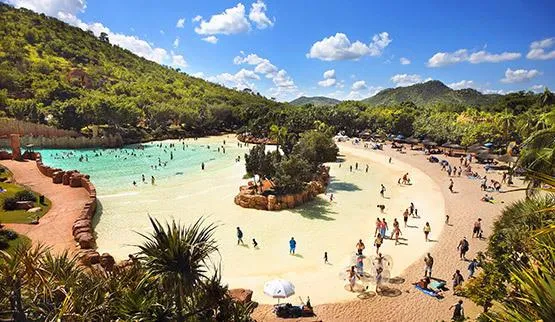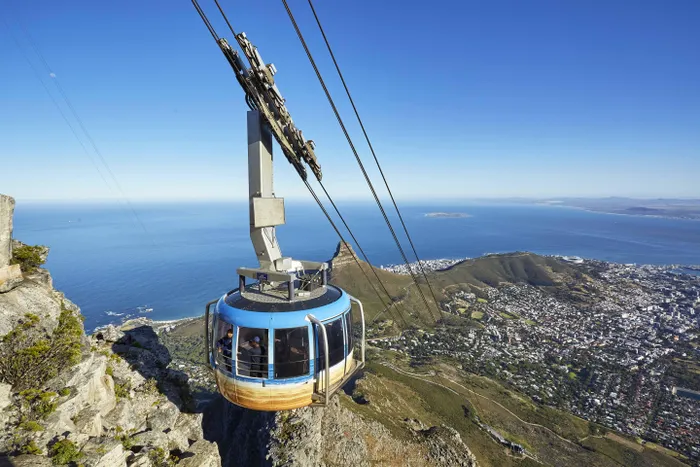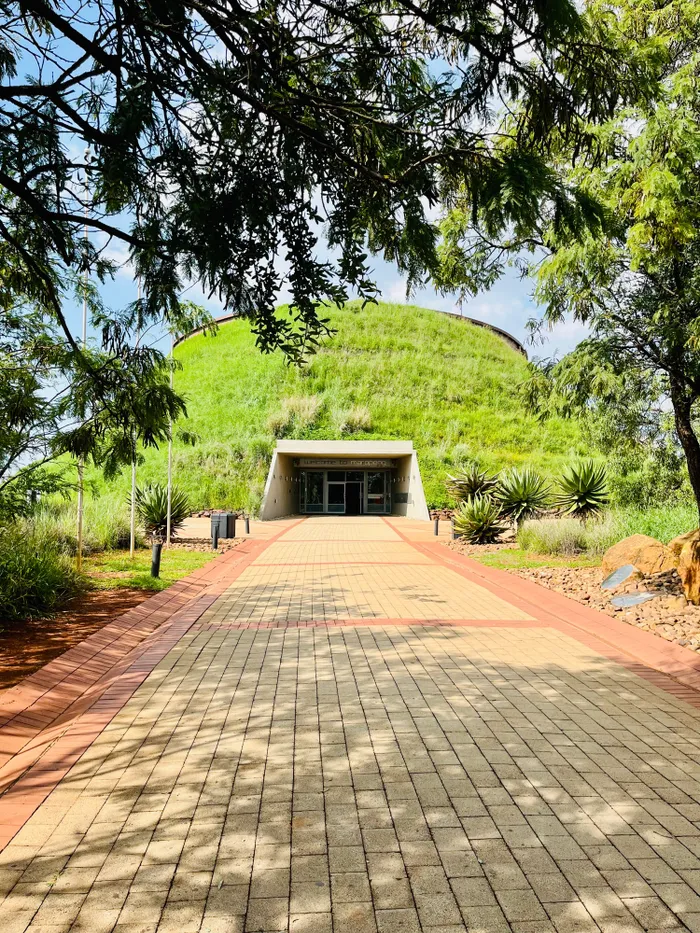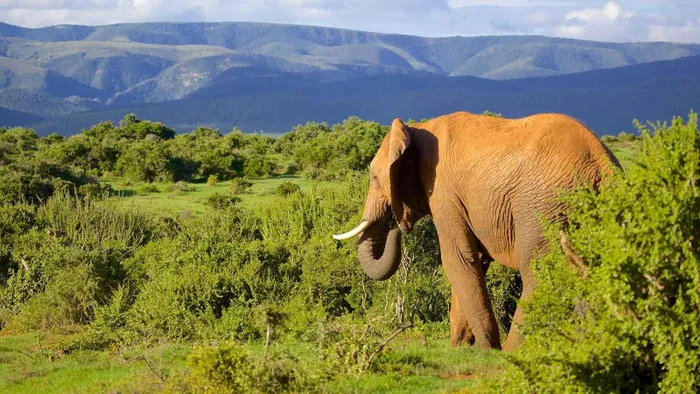See South Africa through new eyes: your ultimate guide to backyard adventures

Sun City Resort is one of South Africa’s most famous leisure and entertainment destinations.
Image: File
Backyard tourism is the practice of exploring the places and experiences within your own country rather than travelling abroad.
It encourages people to discover local attractions, support local businesses and gain a deeper understanding of the culture and history around them.
In South Africa, backyard tourism offers a wide range of experiences, from natural wonders to urban adventures, making it a way to travel without leaving home.
What does backyard tourism mean?
At its core, backyard tourism is about treating your home country as if you were a visitor. It is an opportunity to step outside your routine, see familiar places from a new perspective and experience areas you might otherwise overlook.
For many, it is a chance to learn about local history, engage with communities and connect with nature.
Backyard tourism can be done for a day, a weekend or even longer, depending on how much of your country you want to explore.
Exploring your own country has several benefits.
First, it is often more affordable than travelling internationally. Transport costs are lower, and many local attractions charge less for residents.
Second, it supports the local economy. Tourism generates income for local businesses, hotels, restaurants and attractions, helping communities thrive.
Third, it fosters a deeper connection to your country. Many South Africans know their own city but have not explored neighbouring towns or regions. Backyard tourism allows you to appreciate the diversity and beauty of your surroundings.
Safety and accessibility are other advantages.
Local travel often involves shorter distances, fewer travel risks and easier access to emergency services if needed. It also allows more flexibility.
You can plan trips spontaneously, visit locations for short stays or return to favourite spots without the pressure of a long international itinerary.

The Table Mountain Aerial Cableway is one of South Africa’s most iconic attractions, offering visitors a unique and unforgettable way to experience the country’s natural beauty.
Image: Supplied
How can you be a tourist in your own backyard?
Being a tourist in your own country involves approaching familiar places with curiosity. Start by researching local attractions.
Look for museums, historical sites, nature reserves, cultural events and outdoor activities you have not yet experienced.
Treat each visit as you would if you were in another country. Take photographs, ask questions and try local food and crafts.
Plan trips around themes. You could explore historical landmarks in one region, coastal towns in another or adventure activities such as hiking, kayaking or wildlife safaris elsewhere.
Weekend trips are a practical way to explore nearby towns without taking time off work. Use local guides or tour companies when possible, as they offer insights and stories that you might not discover on your own.
Stay open to experiences you might usually overlook. A local festival, a hiking trail or a small town market can provide rich cultural insights. Engage with local communities, listen to stories and learn about traditions.
This approach not only enriches your experience but also contributes positively to the places you visit.

Maropeng Cradle of Humankind in Krugersdorp, one of South Afriica’s most visited and reviewed attractions.
Image: Picture: ZamaNdosi Cele
South African places to explore:
Mzansi offers a wide variety of destinations for backyard tourism. Each province has unique attractions that reflect its history, culture and environment.
Gauteng: Often seen as a business hub, Gauteng has much to offer tourists. Visit the Cradle of Humankind, a UNESCO World Heritage site or the Apartheid Museum in Johannesburg. Pretoria has historical buildings and monuments worth exploring.
KwaZulu-Natal: Known for its coastline and cultural heritage, KZN has beaches, game reserves and historic towns. Durban’s Golden Mile offers seaside experiences, while the Drakensberg mountains provide hiking and nature activities.
Western Cape: Cape Town is a major draw with Table Mountain, Robben Island and the V&A Waterfront. Beyond the city, the Winelands region offers wine estates and scenic drives, while the Garden Route presents diverse landscapes, from beaches to forests.
Eastern Cape: The Wild Coast features rugged cliffs, beaches and cultural villages. Addo Elephant Park is home to one of the largest elephant populations in the country. The region also has opportunities for hiking, fishing and historical exploration.

Witness majestic elephants on a safari game drive at Addo Elephant National Park.
Image: Sun Safaris
Mpumalanga: Known for natural beauty, Mpumalanga has the Panorama Route, Blyde River Canyon and Kruger National Park. These areas are ideal for wildlife viewing, hiking and scenic drives.
Limpopo: Rich in history and wildlife, Limpopo offers cultural experiences, game reserves and the Mapungubwe National Park, a site of archaeological significance.
North West: Attractions include Pilanesberg National Park, the Sun City Resort and cultural tours of local communities.
Northern Cape: Explore the vast landscapes of the Kalahari Desert, the Augrabies Falls and the Namaqualand flower season in spring.
Free State: Known for its open plains and small towns, the province offers historical landmarks, arts and outdoor activities.